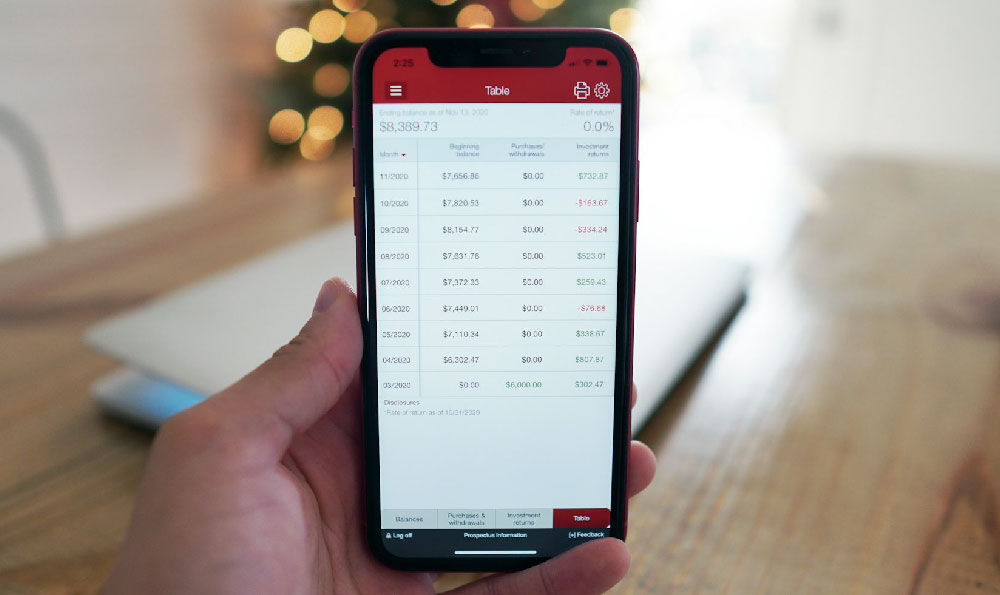Okay, I'm ready to put on my virtual investment advisor hat. Let's analyze the profitability of driving for Lyft from a financial perspective, considering it as an investment of time and resources.
The question of "How much does Lyft pay?" is deceptively simple. The raw number you see on your weekly earnings statement only tells a fraction of the story. To truly assess whether driving for Lyft is "worth it," we need a much deeper dive, looking beyond the gross earnings and factoring in a multitude of expenses, opportunity costs, and even the fluctuating nature of the ride-sharing market.
Let's start with the reported income. Lyft's payout structure varies depending on location, time of day, and demand. Drivers earn per ride, considering factors like pickup distance, trip duration, and mileage. Surge pricing (or Prime Time, as Lyft calls it) can significantly boost earnings during peak hours or when demand is high in a particular area. Lyft also offers bonuses and challenges, such as completing a certain number of rides within a given timeframe, which can add to your overall earnings. However, these bonuses are not guaranteed and often depend on strategically driving during specific times and locations. Ignoring the bonuses and focusing solely on the base fare is a more conservative approach to calculating potential income.

Now, let's subtract the costs. This is where the real financial analysis begins. The biggest expense, undoubtedly, is your vehicle. Consider not just fuel costs, which can fluctuate dramatically, but also depreciation. Your car is constantly losing value with every mile driven, and ride-sharing accelerates this process significantly. You need to factor in the potential for premature wear and tear on tires, brakes, and other components. Then there's the cost of regular maintenance – oil changes, tune-ups, and the inevitable repairs that come with putting thousands of extra miles on your vehicle.
Insurance is another crucial factor. Standard personal auto insurance policies often don't cover driving for commercial purposes like ride-sharing. You might need to obtain a specific ride-sharing insurance policy, which can be significantly more expensive. Failing to do so could leave you vulnerable in case of an accident. The difference in cost between personal and commercial ride-sharing insurance can eat deeply into your profit margins.
Beyond vehicle-related expenses, consider other costs. These might include phone and data plans (essential for using the Lyft app), car washes, cleaning supplies, and even the cost of bottled water or snacks you might offer passengers. These seemingly small expenses add up over time and should not be overlooked.
A realistic estimate of operating expenses can often be 25-40% of your gross earnings, and in some cases, even higher depending on the vehicle you drive and the maintenance it requires. This is a substantial chunk that needs to be accounted for before you can determine your net profit.
But the financial analysis doesn't end there. We need to consider the opportunity cost of your time. The hours you spend driving for Lyft could potentially be used for other income-generating activities, such as pursuing a higher-paying job, freelancing, or investing in your education or skills. What is the potential income you are forgoing by choosing to drive for Lyft? This opportunity cost represents a significant, albeit often overlooked, expense.
Moreover, the time commitment required for driving for Lyft can be unpredictable. You might spend a significant amount of time waiting for ride requests or driving to pickup locations. These "dead miles" are time spent without earning any income. Efficient route planning and strategic driving during peak hours can help minimize these dead miles, but they are an inherent part of the ride-sharing experience.
Tax implications are another important consideration. As an independent contractor, you are responsible for paying your own income taxes and self-employment taxes (which cover Social Security and Medicare). You'll need to accurately track your income and expenses throughout the year to ensure you're paying the correct amount of taxes. Failing to do so can result in penalties and interest. Consulting with a tax professional is highly recommended to navigate the complexities of tax obligations for ride-sharing drivers. The benefit is that many of the operating expenses are deductible, but meticulously tracking everything is critical for maximizing those deductions.
Finally, it's crucial to consider the inherent volatility of the ride-sharing market. Changes in fuel prices, insurance rates, and Lyft's payout structure can all impact your profitability. Increased competition from other drivers or changes in local regulations can also affect your earnings potential. The market is dynamic, and drivers need to be adaptable and prepared to adjust their strategies as needed.
So, is driving for Lyft "worth it?" The answer is highly individual and depends on your specific circumstances. For some, it can be a valuable source of supplemental income or a flexible way to earn a living. For others, the costs and time commitment may outweigh the benefits. A rigorous financial analysis, taking into account all the factors mentioned above, is essential to making an informed decision.
Before diving in, meticulously track your expenses for a week or two. Monitor your mileage, fuel consumption, and the time you spend both driving with a passenger and waiting for rides. This data will provide a realistic picture of your potential earnings and expenses. Don't rely solely on anecdotal evidence or the experiences of others. Your individual results may vary significantly.
Think of driving for Lyft not as a guaranteed path to riches, but as a small business venture. Like any business, it requires careful planning, diligent record-keeping, and a willingness to adapt to changing market conditions. Only then can you determine if the potential rewards are worth the investment of your time, money, and resources. If you approach it with a clear understanding of the financial implications and a strategic mindset, you can increase your chances of success and potentially achieve a positive return on your investment. If the numbers don’t add up, exploring alternative income opportunities may be a more financially prudent decision.












